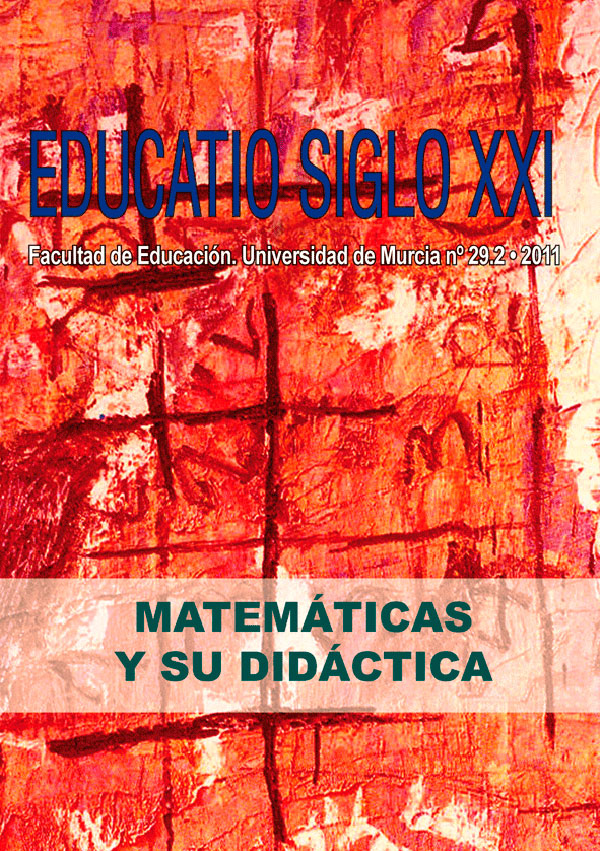The Acquisition of Knowledge: A Cognitive Perspective in the Command of Mathematics
Abstract
The authors begin that in mathematical knowledge is necessary to distinguish between what depends on a general interpretation of reality that depends on a person’s general epistemology, and wherein the mathematical reality is but a subset of that general reality, and expertise and resources available to solve problems and successfully carry out everyday tasks that are strongly individualized math and subject to the pressures of culture. To give an explanation that can respond simultaneously to the heuristic distinction between the psychological subject and epistemic subject, the authors are located in the metaphor of «learning as meaning construction
» and, after carrying out a description of the four elements of learning (processor, content, processes and context), make a systematization of processes, generalising the field of mathematics, can provide for the processor carries out activities to solve a mathematical problem, since the translation and representation of same, until their evaluation as process through the description of the tools necessary for proper coding and mechanisms necessary to give it a meaning in context.
Downloads
-
Abstract2032
-
PDF (Español (España))2539
Original work publishes in this journal is subject to the following terms:
1. Murcia University Press (the publishing house) holds the copyright of the publishes work, and favours and allows their reutilization under the use license stated in point 2.
© Servicio de Publicaciones, Universidad de Murcia, 2015
2. Work is published in the electronic edition under a license (Creative Commons Reconocimiento-NoComercial-SinObraDerivada 4.0 España (legal text). They can be copied, used, disseminated, transmitted and publicly presented, as long as: i) authorship and original publication source is acknowledged (journal, publishing house and URL of the work); ii) are not used for commercial purposes; iii) the existence and specifications of this use license is stated.
3. Conditions for self-archive. Authors are allowed and encouraged to disseminate electronically the pre-pint (before review) and/or post-print (accepted for publication) versions of their work before their publication since that favours earlier circulation and dissemination resulting in an increased chance for the authors to be cited and for the work to reach a bigger share of the academic community. Colour: RoMEO: green.








